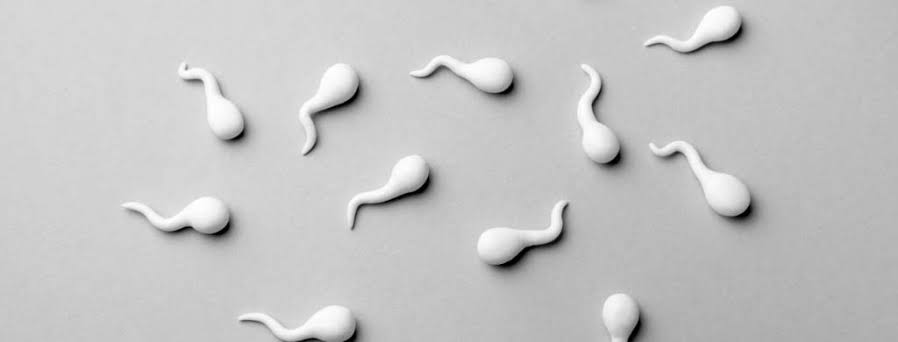- Get link
- X
- Other Apps
JUST IN
- Get link
- X
- Other Apps

What is hyperspermia?
Hyperspermia is a condition in which a man produces a larger than normal volume of semen. Semen is the fluid a man ejaculates during orgasm. It contains sperm, along with fluid from the prostate gland.
This condition is the opposite of hypospermia, which is when a man produces less semen than usual.
Hyperspermia is relatively rare. It’s much less common than hypospermia. In one study from India, fewer than 4 percent of men had a high sperm volume.

What are the symptoms?
The main symptom of hyperspermia is producing a larger than normal amount of fluid during ejaculation.
One study defined this condition
as having a semen volume of more than 6.3 milliliters (.21 ounces). Other researchers put it in the range of 6.0 to 6.5 milliliters (.2 to .22 ounces) or higher.
Men with hyperspermia may have more trouble getting their partner pregnant. And if their partner does become pregnant, there’s a slightly increased risk that she might miscarry.
Some men with hyperspermia have a higher sex drive than men without the condition.
How does it affect fertility?
Hyperspermia can affect a man’s fertility, but it doesn’t always. Some men who have a very high semen volume have less sperm than normal in the fluid they ejaculate. This makes the fluid more dilute.
Having a low sperm count decreases the chance that you’ll be able to fertilize one of your partner’s eggs. Although you can still get your partner pregnant, it may take longer than usual.
If your semen volume is high but you still have a normal sperm count, hyperspermia shouldn’t affect your fertility.
WHEN TO SEE YOUR DOCTOR
- Semen analysis. You’ll collect a semen sample for testing. To do this, you’ll either masturbate into a cup or pull out and ejaculate into a cup during sex. The sample will go to a lab, where a technician will check the number (count), movement, and quality of your sperm.
- Hormone tests. A blood test can be done to see if you’re making enough testosterone and other male hormones. Low testosterone can contribute to infertility.
- Imaging. You may need to have an ultrasound of your testicles or other parts of your reproductive system to look for problems that can contribute to infertility.
What to expect
Hyperspermia is rare, and it often doesn’t have any effect on a man’s health or fertility. In men who have trouble getting their partner pregnant, sperm retrieval with IVF or ICSI can increase the odds of a successful pregnancy.

Comments
Post a Comment
Let know your comments